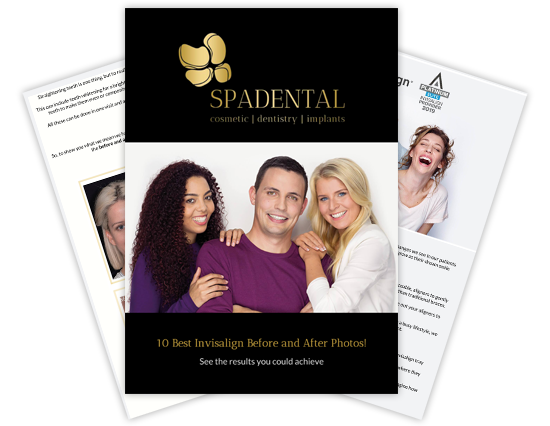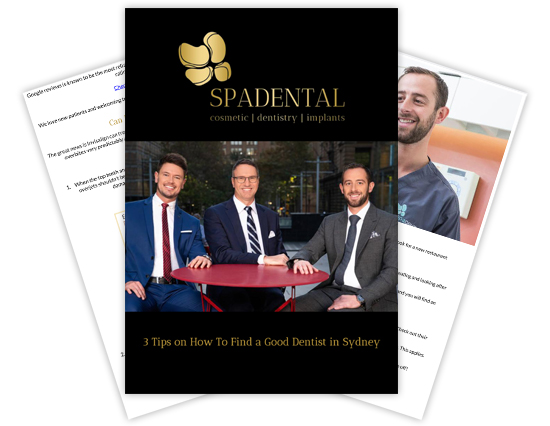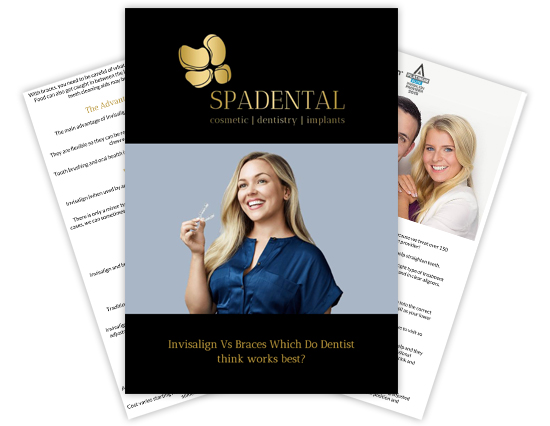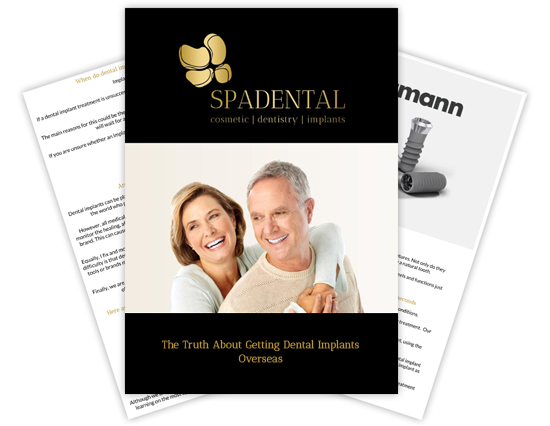10 Tips for a better night’s sleep-Sleep Awareness Week (July 3rd-9th)
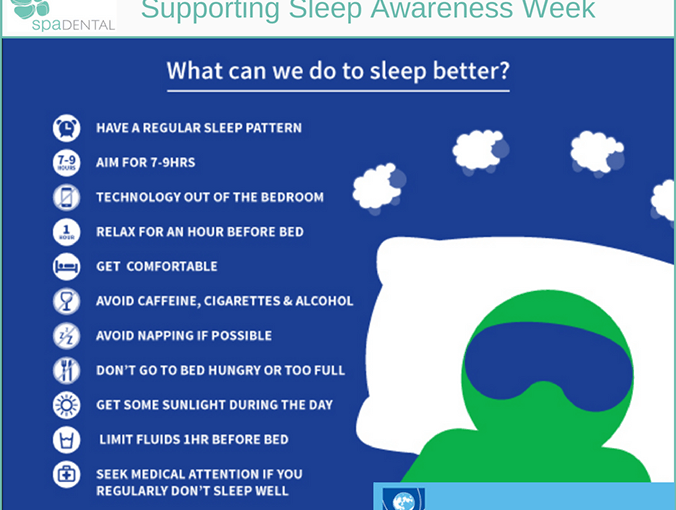
10 Tips for a better night’s sleep-Sleep Awareness Week (July 3rd-9th)
July 3rd-9th marks ‘Sleep Awareness Week’. For many Australians, getting a regular good night sleep is simply a dream. For a growing number of couples, snoring and sleep apnoea have unfortunately become part of routine nocturnal activity and is contributing to a serious lack of quality shut eye across the country and the world.
Obstructive Sleep Apnoea (OSA) involves repeated episodes of airway obstruction during sleep, due to relaxation of the tongue and airway-muscles. OSA is commonly associated with snoring.
OSA is more common in males than females, and becomes more prevalent with age. Research studies show that mortality rate (death rate) increases according to the severity of sleep apnoea – even mild OSA results in a 2.5 increase in mortality rate. Treating OSA correctly eliminates this risk. OSA is a known cause of sudden death at night time.
The financial burden of OSA (including healthcare costs, lost productivity, road accidents and work-related accidents) in Australia is in the range $2-8 billion per year. Patients with sleep apnoea are 4 to 9 times more likely to be involved in a motor vehicle accident.
The theme for Sleep Awareness Week 2017 revolves around Better sleep = smarter, safer workplaces. In a world where the pace is forever quickening, the quantity and quality of our sleep is vital to our general health and wellbeing and our ability to stay alert, safe, and productive at work.
See below 10 simple tips to help you get a better night’s sleep:
1. Get enough zzz
Aim for seven to nine hours of sleep, on average, adults benefit from seven to eight hours sleep each night.
2. Have a regular pattern
Keeping a regular sleep pattern can help with the quality of sleep. Try to go to bed and wake up at about the same time each day.
Did you know: Individuals who sleep less than six hours regularly or more than nine or 10, are more prone to suffering illnesses.
3. Take technology out of the bedroom
The blue component of light suppresses melatonin which is the hormone which is needed to regulate and instigate sleep.
4. Minimise stimulation
Avoid too much stimulation from about 8pm and onwards when the melatonin is meant to be naturally rising. Relax for at least an hour before going to bed. Try having a nice bubble bath, reading, talking with partner, listening to quiet music, doing yoga, meditation and stretching are all great ways to relax.
5. Not too hot, not too cold, just right
Ensure your bedroom has a comfortable temperature, and that you are going to sleep on a good mattress using a good quality pillow and you are feeling safe in your environment.
6. Loose the coffee or nightcap
Moderate your caffeine drinks and try not to drink coffee after lunchtime. Consuming alcohol close to bedtime can be stimulating and consequently disturb your sleep too.
7. Reduce H20 before bedtime
Limit the amount of fluids you devour before bed, everyone’s bladder capacity is different, but as a helpful tip, avoid drinking a large amount of fluids close to bed time, no matter what age.
8. Exercise regularly
Regular physical activity can promote better sleep. Avoid being active too close to bedtime, however. Spending time outside every day can be helpful, too.
9. Don’t eat just before going to bed
Try to avoid a large amount of food for up to three hours before going to bed. Eating can wake you up as your stomach works on digesting a meal.
10. Seek help for snoring and sleep apnoea
If you or your partner are snoring regularly this is likely to be having an impact on the quality of sleep for both of you. It is advised that you seek assistance, our Spa Dental team can support you and your partner with sleep concerns including snoring and sleep apnoea and offer a variety of options to suit your needs.
What is Sleep Apnoea and how does it affect sufferers?
Sleep apnoea is not just snoring or feeling tired during the day – it is a serious medical condition.
It not only affects your sleep but can severely impact your health and your quality of life.
Someone with sleep apnoea will either:
- Completely stop breathing (known as an apnoea) and/or
- Have their breathing severely restricted (a hypopnea).
These events can happen hundreds of times per night
Each cycle, the apnoea starves the body of vital oxygen and increases carbon dioxide (waste product of breathing) in the blood. The lack of oxygen in the body signals the brain to “wake” the body to start breathing again.
Untreated sleep apnoea is associated with a decreased quality of life and other serious medical conditions like obesity, heart disease and diabetes.
Get a better nights’ sleep and seek help if you are concerned and/or if you or your partners are experiencing any of the above symptoms. Spa Dental offer patients a take home sleep study service so your sleep can be monitored in the comfort of your own home. If indicated we can offer treatment such as oral appliances to help treat sleep apnoea.
Spa Dental also work very closely with local sleep medical specialists to offer the most appropriate treatment for our patients.
You don’t have to suffer any longer, call Spa Dental on 02 9809 2900 for a consultation.
Find out more about sleep dentistry, and how to stop sleep apnoea and snoring here
https://www.spadentalsydneycbd.com.au/sleep-dentistry-sydney-cbd.html
Resources:
Sleep Foundation
www.sleephealthfoundation.org.au
